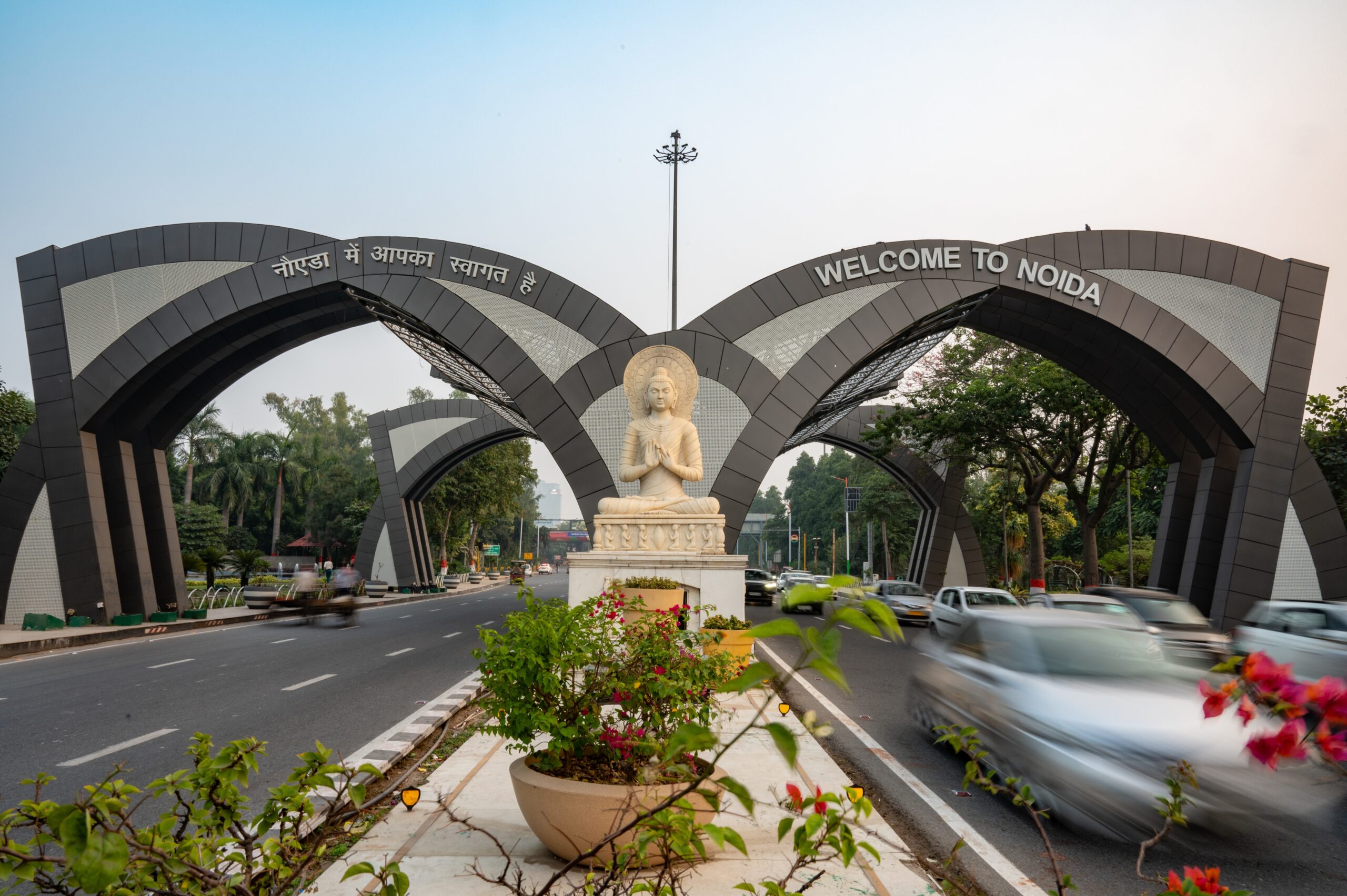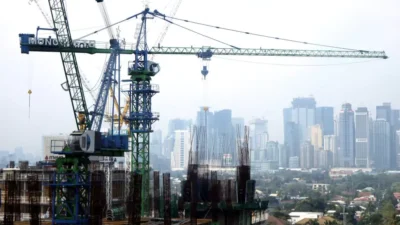News roundup: 6,000 hectares for urban development in India, plus more news

For PropertyGuru’s real estate news roundup, the Yamuna Expressway Industrial Development Authority (Yeida) will acquire 6,000 hectares of agricultural land to develop a city near the Noida International Airport along the Yamuna Expressway. In other news, the expected dip in interest rates by 25 percentage points in the second half of this year is expected to help Thailand’s residential market. Finally, Malaysia’s Housing Development (Control and Licensing) Act 1966 (Act 118), which is set to be amended, will go after developers involved in fraud or abandoned projects.
Yeida to acquire 6,000 hectares of land for urban development in India
The Yamuna Expressway Industrial Development Authority (Yeida) will acquire 6,000 hectares of agricultural land to develop a city near the Noida International Airport along the Yamuna Expressway, according to media reports. Yeida said demand for residential, commercial institutional, and other types of land has increased as the Noida airport is set to become operational by the end of 2024. Yeida has earmarked Rs 14,000 crore to acquire 6,065 hectares of land in the next two years.
As cited in a Housing.com report, Arun Vir Singh, chief executive officer of Yeida, said “We aim to spend around Rs 63,500 crore to develop basic civic services including roads, sewers, parks, and electricity so that the urban centre on 6,000 hectares of land can be developed. We will acquire land from 40 villages through different methods including direct purchase from farmers and also by using the Act 2013.”
According to Yeida, the land will be used to set up new sectors, civic amenities, and industrial cities. Of the total 6,065 hectares of land, 1,609 hectares will be purchased directly from farmers through mutual agreement, 4,076 hectares will be acquired through the land acquisition process and 380 hectares will be reclaimed as this is government land.
Anticipated rate cut expected to bolster Thailand’s residential market
The expected dip in interest rates by 25 percentage points in the second half of this year is expected to help the residential market, resulting in a projected growth of 5.5 percent, in contrast with a decline of 0.7 percent without a rate cut.
Vichai Viratkapan, acting director-general of the Real Estate Information Center (REIC), said in Bangkok Post that the government’s property measures are expected to have a positive impact on the residential market this year.
“The impact will become evident in the third and fourth quarters, as May and June see the opening of schools and universities, which are a financial burden on parents,” he said. “Homebuyers also tend to wait for campaigns in the second half.”
Despite only six months of full impact, the measures are expected to increase residential market growth, with the REIC forecasting a 5.5 percent gain in residential transfers nationwide by the end of 2024.
Stricter amendments to Malaysia’s Housing Development Act to prosecute errant developers – Nga
The Housing Development (Control and Licensing) Act 1966 (Act 118), which is set to be amended, will not only bring developers involved in fraud or abandoned projects to court but also prevent them from leaving the country.
Housing and Local Government Minister Nga Kor Ming said the current act only protects residential properties, commercial shops, offices, shopping centres, and commercial units that are not subject to control.
He said once amended, any cases of fraud will be prosecuted in court and offenders will face a prison sentence of three years, a fine ranging from MYR250,000 to MYR500,000, or both.
“The government will take stricter preventive measures on this issue and the ministry will strive to protect the rights and interests of home buyers, while also upholding the professional image of the housing industry. Buying a home may require someone’s lifetime savings, so developers should be more sincere in enhancing the country’s real estate market reputation. We have many professional and world-class developers, but there are also ‘black sheep’ in this industry,” he said in a statement in Bernama.
The Property Report editors wrote this article. For more information, email: [email protected].
Recommended
Why Asia’s mixed-use developments are the future of real estate
Dynamic integrated communities are fusing real estate with commercial, leisure, and other amenities
Transforming cities worldwide: Surbana Jurong’s vision for the future
Surbana Jurong excels in master planning, infrastructure, and urban development
Inside Asia’s commercial real estate: The cities thriving and those facing tough times
Shifting consumer preferences, and fluctuating economic policies mean commercial real estate investors in Asia must remain agile
Why young Asians are choosing singlehood and reshaping real estate trends
Marriage is out, and singlehood is in as young Asians subvert convention to explore alternative paths in real estate








